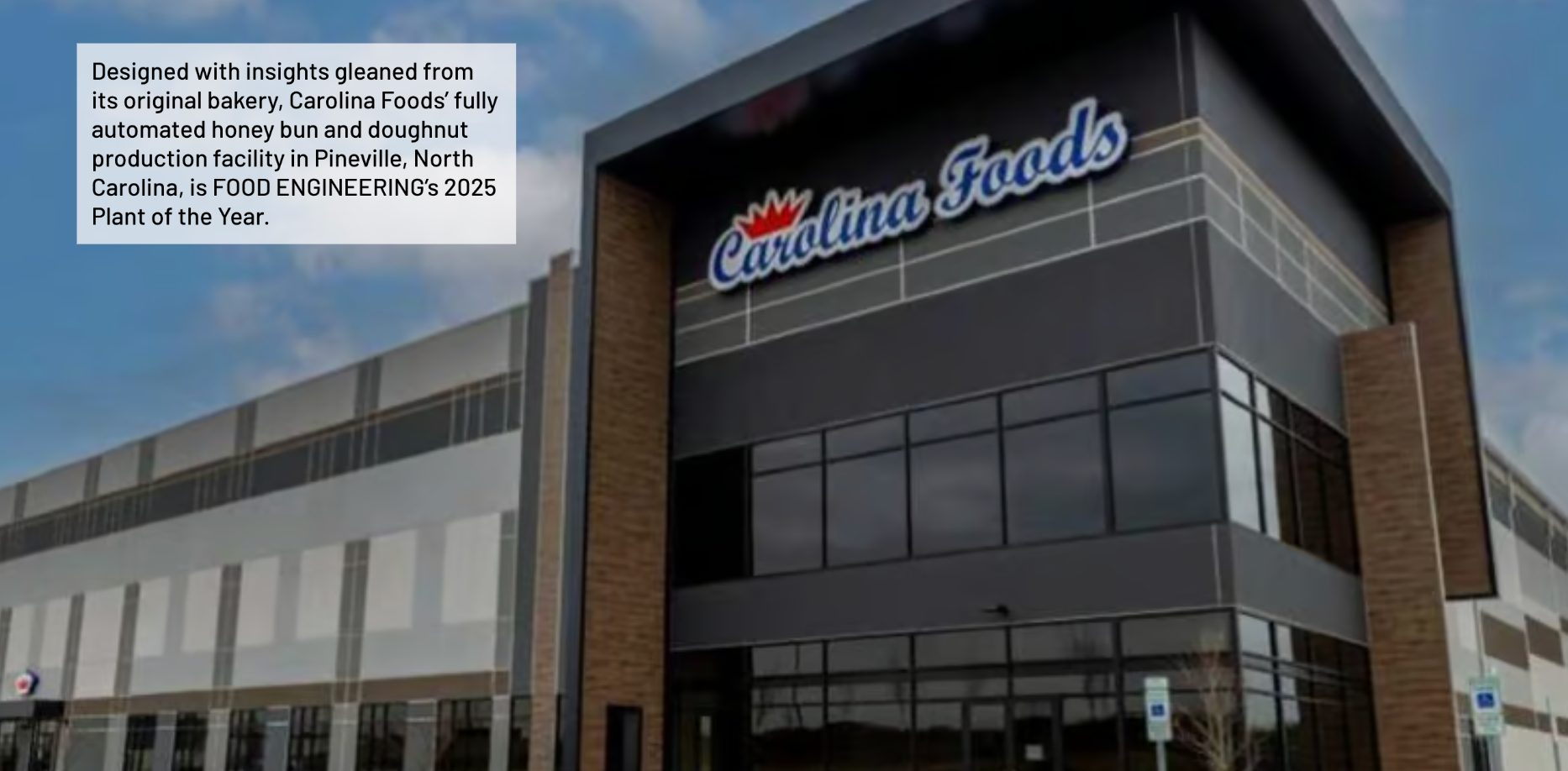Alt Protein Pumps
Alternative Protein Production
Selecting the right pumping technologies can help manufacturers overcome bioprocessing challenges.
Pump Selection for
A variety of factors, such as dietary trends, environmental concerns and the rising global population, are increasing the demand for alternative proteins. Alternative proteins are projected to account for 11% of the global protein market by 2035. However, achieving this growth will require advanced technologies and specialized expertise to address current scalability and production efficiency challenges.
In alternative protein production, pumps are essential for accurate additive dosing, including nutrients and anti-foaming agents, as well as transferring the protein product and adjusting pH levels to maintain optimum conditions. The gentle, efficient and accurate action of a pump directly affects the cultivation of viable cells. Selecting the right pumping technologies can help manufacturers overcome bioprocessing challenges.
Cutting Costs
To compete with conventional products, alternative protein manufacturers must keep production costs down to make their products affordable and accessible to a wider market. This is difficult given that conventional animal-based proteins are produced based on long-established farming and manufacturing practices that have optimized cost efficiency over time. In addition, bioprocessing, a core component of alternative protein production, is similar to the processes used in biopharma, and as such, requires high investment in life sciences equipment, such as fermenters and bioreactors.
However, manufacturers can save money by making strategic choices when selecting pump technology. Pumps that are easy to clean and compatible with both single and multi-use systems enable flexible process design and improve efficiency, as well as reduce downtime associated with cleaning. By selecting pumps that can accommodate a range of applications, manufacturers can streamline operations and reduce the need to invest in multiple sets of equipment.
In addition, pumps with high dosing accuracy will reduce waste of expensive additives and ensure that bioreactor conditions remain optimal. This results in lower material costs and prevents the need to use extra energy to compensate for condition imbalances. As well as lowering costs, these benefits simultaneously align with sustainability goals.
Photo courtesy: Getty Images / Reptile8488
by Steffen Knoedler, global business development manager, food and beverage, Watson-Marlow Fluid Technology Solutions

Steffen Knoedler
Global business development manager, food and beverage, Watson-Marlow Fluid Technology Solutions
Quality and Consistency
Taste and texture are critical factors in the success of the alternative protein industry. For consumers to choose these products over conventional options, the quality must match or exceed that of animal-based proteins. Poor quality or inconsistency between batches can lead to product recalls, tarnished brand reputation and decreased consumer loyalty – all of which negatively affect the bottom line.
The risks of poor product quality and batch inconsistency are particularly significant at the cell cultivation stage of alternative protein production. Cells must be nurtured in precise conditions inside the bioreactor to grow and differentiate into viable protein. If the cultivation process fails to produce healthy cells, the entire batch is lost, leading to waste and significant financial setbacks.
Selecting pumps with low-shear capabilities is essential for manufacturers to protect the integrity of their final product. Low-shear pumps minimize the physical stress exerted on the sensitive proteins, which can easily be damaged during pumping. This ensures that the texture, flavor and nutritional properties of the final product remain intact, therefore ensuring consistent, high-quality output.
To mitigate the risk of batch loss due to inconsistencies between batches, manufacturers can use advanced pump technologies that include flexible in-process controls, such as 100% in-process weight checking and zero-waste startup. These features are vital in maintaining the precision required to consistently produce high-quality batches and reduce batch losses.
Scaling Up
As an emerging industry, many companies in the alternative proteins sector are startups and therefore don’t have the decades of experience typically associated with large-scale manufacturing. Scaling up from lab-scale or pilot-scale production to commercial scale presents a range of challenges, such as maintaining efficiency, product quality and yield. Navigating this transition requires careful planning and expertise, which is why selecting a supplier that can offer in-depth guidance on the intricacies of scaling up is crucial. This includes providing insights on certifications, application-specific requirements and the selection of appropriate equipment.
As these startups aim to expand to industrial scale, they require pump systems that are not only reliable, but also scalable, capable of handling volumes ranging from as little as 0.5 liters per hour to over 20,000 liters per hour. Continuously changing or upgrading equipment as production scales can lead to unnecessary costs, increased complexity and operational disruptions. Therefore, selecting pumps with capabilities that can grow with the business is key to streamlining the scaling process and avoiding costly bottlenecks.
Reliability is a basic requirement when choosing pumps, as unexpected downtime can result in wasted time, lost production and increased expenses. A dependable pumping solution ensures smooth, uninterrupted operation, helping startups maintain consistency and efficiency as they scale up their production processes. Combining this with systems that facilitate fast changeover between batches through seamless integration of pumps and single-use technologies will reduce production time while retaining reliability.
Ultimately, partnering with a supplier that understands the unique needs of the alternative protein industry and can provide scalable, reliable pump systems will play a key role in the long-term success and growth of these startups. FE



